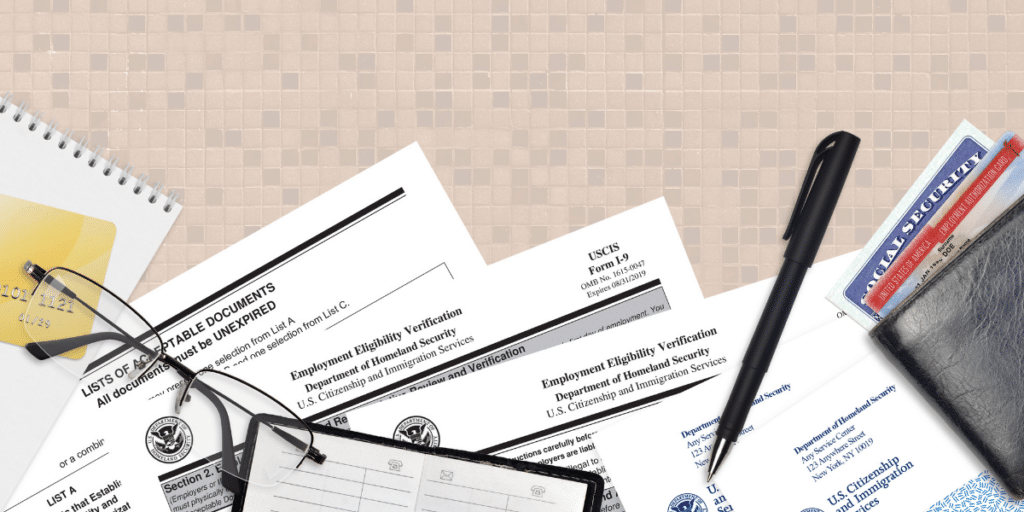Biological parents have a constitutional right to the care, custody, and control of their minor children. However, there are circumstances under which a grandparent can also seek custody of or visitation with their grandchildren. In North Carolina, there are four statutes that let a grandparent maintain an action or proceeding for custody or visitation of a child. N.C.G.S. § 50-13.1(a); N.C.G.S. § 50-13.2(b2); N.C.G.S. § 50-13.2A; N.C.G.S. § 13.5(j).
In order for grandparents to initiate an action for child custody, they must show by the greater weight of the evidence that both biological parents are unfit, have abandoned or neglected the child, have died, or have otherwise acted inconsistent with their constitutionally-protected status. Grandparents cannot maintain an action for custody by simply showing that the minor child would be better served in the grandparents’ custody. Examples of acting inconsistent with constitutional rights may include abuse, neglect, voluntary relinquishment of custody, failure to care for the child, or drug abuse.
If the grandparents are successful, the court will engage in a “best interest” review, essentially placing the grandparents on equal footing with the biological parents and determining custody of the minor child by considering who will best support the physical, emotional, social, and spiritual growth and well-being of the child.
Grandparents may also try to intervene in an ongoing custody dispute between the biological parents. In order to intervene there must be an ongoing custody case between the natural parents (e.g., the parents are not in an intact family) and they must show by the greater weight of the evidence that the grandparents have a substantial relationship with the minor child. North Carolina statutory law does not define “a substantial relationship” as it pertains to grandparents. However, cases have found that a substantial relationship exists when the child regularly visits in the grandparents’ home, especially overnight.
It is critical to file a Motion to Intervene before the case is resolved by settlement agreement or court order. If the case is resolved prior to the grandparents intervening, unless grandparents can meet the requirements for standing to file an initial custody action, they may have to wait to intervene and seek visitation when and if the custody matter is reopened.
However, in the event that the biological parents live in an intact family and grandparents cannot prove parental unfitness or misconduct, grandparents do not have standing to seek custody of or visitation with the minor child in North Carolina.
If you are a grandparent seeking to initiate an action for custody or to intervene in an ongoing action, or if you are a parent involved in a custody dispute involving a third party, it is imperative that you speak to a licensed North Carolina attorney as soon as possible.
Learn more about Dozier Miller Law Group’s Family Law practice »

CATEGORIES
Contact an Attorney
Our attorney offer specialized guidance and representation in a variety of practice areas.

REMEMBER: Always speak with your own attorney
This information is provided for informational purposes only; it is not offered as and does not constitute legal advice.
More Insights and Resources
Learn more about what to expect when facing a family law dispute in Charlotte, North Carolina from Family Law attorneys at Dozier Miller Law Group
Protect What Matters Most: Estate Planning for Every Stage of Life
Thinking about the future doesn’t always come naturally. Many of us get caught up in the day-to-day,…
Will a Separation Protect Me Financially?
Separation is never easy, especially when financial questions start piling up. Can you protect your savings? Will…
Practical Custody Arrangements for Families
Trying to figure out custody arrangements? You’ve probably come across terms like joint custody, primary custody, and…
Future-Proof Your Business Against Form I-9 Changes
Running a business is no small feat. Between managing your team, keeping customers happy, and planning for…
When Do You Need an Attorney for a Breach of Contract Case?
Contracts are the backbone of any good business relationship. They bring clarity, set expectations, and hold everyone…
Navigating Immigration Changes and Their Impact on Employment Law
No matter the size of your business, immigration law affects your ability to hire and retain the…
LGBTQ Families and Stepparent Adoption: What You Need to Know in North Carolina
As a family law attorney in North Carolina, I’ve seen many parents assume that their legal status…
What to Do When You Get a Bad Google Review
If you’re a Charlotte business owner, you know just how important your online reputation is. Around 98%…
Managing Your Immigration Status in 2025
The 2024 election brought significant shifts to U.S. immigration policy, many of which have already begun reshaping…
Plan Now for Summer Child Custody Arrangements
It might not feel like it, but summer break will be here before you know it. For…










